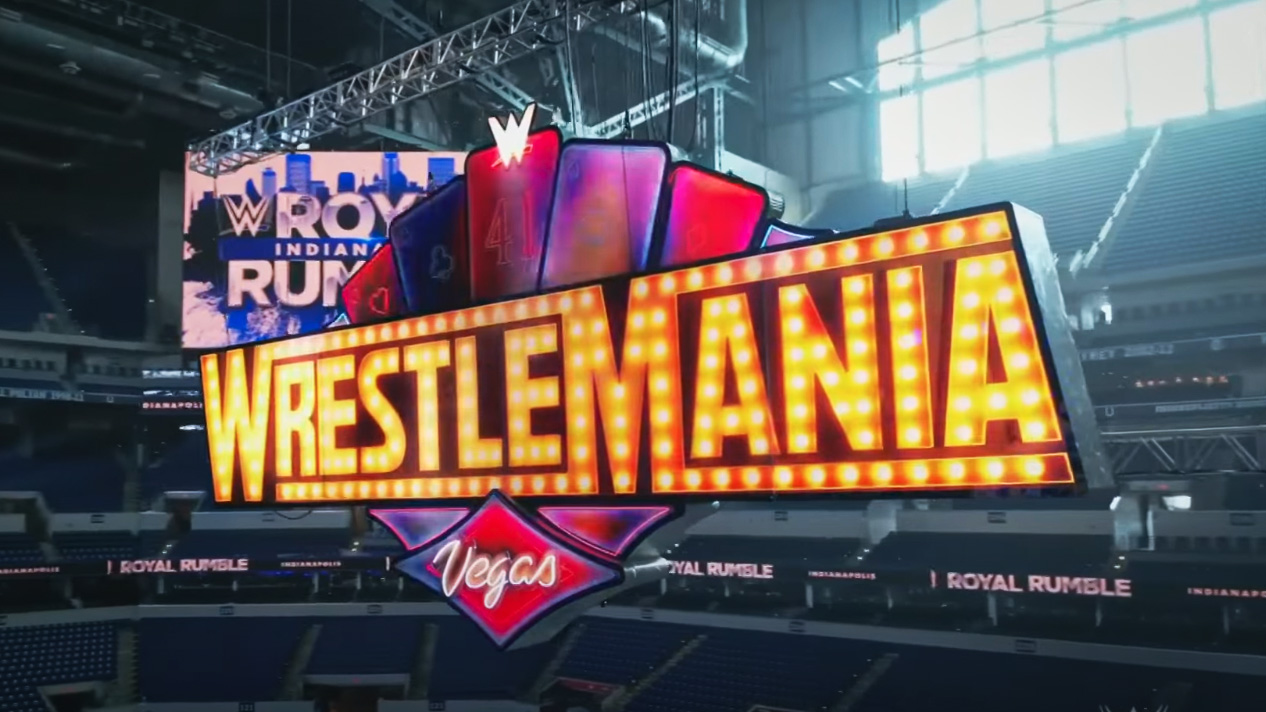Late last night, newly crowned NXT Women’s Champion Asuka posted several lengthy tweets in Japanese, and the always reliable E. Key Oide on Twitter translated them. It turns out she had some pointed comments at those who point to her and Shinsuke Nakamura’s backgrounds in Japanese promotions as the reason for their superior skill level, as well as criticisms of the women’s wrestling scene back at home. In Japan, the women’s wrestling scene, while having a loyal cult following, has been running on fumes with independent level promotions for the past decade-plus. It’s a far cry from when All Japan Women was a hugely successful touring promotion in the ’80s and ’90s, and in here tweets, Asuka goes into why.
Here’s the translation (again, go follow E. Key Oide if you’re into translations from Japanese wrestlers and stuff like that):
I got the title! And I did it with a zero loss winning streak, record-setting quickness. I see some people tweeting about the high level of Japanese performers, based on my accomplishments. Those types of comments just don’t sit well with me. I’ll come right out and say it! The level of women in Japan isn’t that great. My fights against various Divas and experiences with many superstars on my road to gaining the title makes me sure of that.
The Japanese performers who are making strides in WWE aren’t making strides because Japan is at a higher level. It’s all because of the skills and techniques possessed by the individual. In the past, I’d criticized women’s wrestling for only doing matches that appeal to fans of women’s wrestling. And now I can expand on that point. This type of wrestling is too niche to succeed. They try to appeal solely to a Japanese audience, yet expect to gain popularity on a global level.
There’s been instances where Japan was expected to be the best in the world for a certain field or industry, but ended up being surpassed before they knew it…
I now see a similar phenomenon taking place for wrestling. I don’t consider myself to be a representative of Japanese women’s wrestling, just because I’m Japanese. Why? Because, like I’ve said before, there’s too many elements that prohibit this type of wrestling from attaining worldwide success. It could be partly due to a difference in culture: Japanese wrestling fans see wrestling as a process of subtraction, while the WWE Universe see wrestling as a process of addition. If wrestling is considered as a process of subtraction, then there is more emphasis placed on avoiding mistakes, which leads to tighter matches… at the cost of any hope for growth.
Why? Because everybody looks for that one mistake, then makes a huge fuss over it, like they’ve accomplished something great. The result? I was the only female wrestler in Japan able to take this path. But! If you want to abandon all pretense that Japanese women’s wrestling can compete on a global level? If you want to stay the course, only focus on appealing to women’s wrestling fans?
The issues I bring up cease to be problems. In that case, it’d be like comparing apples and oranges -that style is in a world entirely removed from mine. Ultimately, whoever gets results will have the greatest weapon in justifying their position.
Me? I’ll just keep raising the bar with the Divas.
The note about not understanding how to appeal to audiences outside of Japan may be a pointed reference to New Japan Pro Wrestling. In the last year or two, management has publicly spoken about wanting to expand internationally but don’t appear to have a good roadmap on how to get there. The NJPW World streaming service was a step in the right direction, but they haven’t made any real attempt to make alternate language versions of the website. There’s an integrated Google Translate mechanism to view the site in English, but being a machine translation, it’s heavily flawed, and you can’t use the site’s search feature in English.
There was also a lot of criticism from fans and wrestling media with their choice of English announcers for major shows. It was less that they picked Kevin Kelly and Matt Striker (though there was negativity on Striker in some circles) and more that NJPW’s most visible in English via their AXS TV show. While the AXS show is produced via an agreement with Japanese TV network TV Asahi and not NJPW proper, the AXS announcing team (then Josh Barnett and Mauro Ranallo, now Barnett and Jim Ross) were the voice of NJPW to English speaking fans. Yet Ranallo and Barnett weren’t contacted.
That said, Stardom, the leading women’s promotion in Japan, is also trying to make strides with Stardom World, a paid subscription channel on YouTube. It’s available to most of the world, there’s no commentary (as opposed to Japanese commentary), it’s inexpensive at $4.99 per month, and being on YouTube means it’s accessible on many more devices than NJPW World. Asuka’s not wrong that the style can be way too niche for a lot of people, but her success in NXT may lead to more people at least checking out Stardom World’s 14 day free trial.

